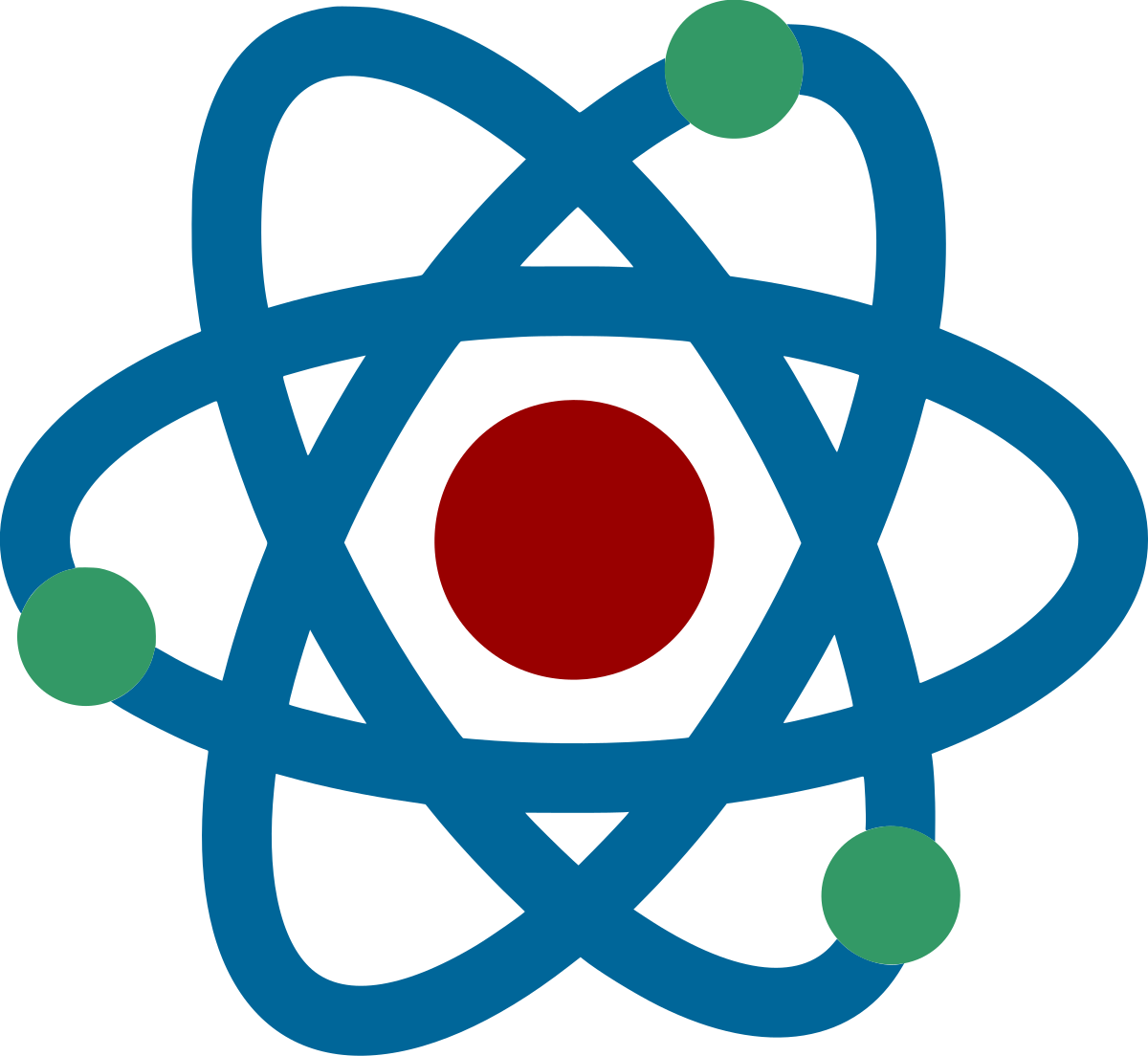The Quantum Computing Revolution: Breaking the Limits of Classical Computing
Foundations of Quantum Computing
At the core of the quantum computing revolution lies a paradigm shift that challenges the very foundations of classical computing. Traditional bits give way to quantum bits or qubits, which can exist in multiple states simultaneously. This inherent property of superposition forms the bedrock of quantum computing, allowing for parallel processing that defies the constraints of classical binary systems.
Quantum Algorithms and Computing Power
The prowess of quantum computing extends beyond mere computation speed. Quantum algorithms harness the unique properties of qubits to solve complex problems exponentially faster than classical algorithms. Shor’s algorithm, for instance, threatens classical cryptography by efficiently factoring large numbers, while Grover’s algorithm excels in searching unsorted databases. The computational power unleashed by these algorithms marks a revolutionary leap forward, unlocking capabilities previously deemed impossible.
Real-world Implications and Applications of Quantum Computing
The quantum computing revolution transcends theoretical concepts, finding tangible applications with profound real-world implications. From optimizing supply chains and financial modeling to drug discovery and artificial intelligence, quantum computing promises breakthroughs that can reshape entire industries. The ability to process vast datasets at unprecedented speeds opens doors to solutions for problems previously deemed insurmountable, heralding a new era of technological advancement.
Embarking on the quantum computing revolution is akin to stepping into a realm where the boundaries of classical computing dissolve, giving rise to a new era of unprecedented possibilities. Imagine a world where the binary limitations of classical bits are replaced by quantum bits, capable of existing in multiple states simultaneously. This is the foundational shift that underpins quantum computing, a paradigm destined to redefine the way we process information.
Delving into the heart of quantum computing, we encounter quantum algorithms that defy the constraints of classical computation. Shor’s algorithm, a cryptographic game-changer, and Grover’s algorithm, an unparalleled search tool, showcase the exponential leap in computational power that quantum systems offer. It’s not just about speed; it’s about solving complex problems at a pace that challenges the very fabric of what was once thought possible.
The real-world implications of quantum computing are as thrilling as they are vast. Imagine optimizing supply chains with unparalleled efficiency, accelerating drug discovery to combat diseases, or revolutionizing artificial intelligence capabilities. Quantum computing isn’t a distant future; it’s a transformative force already at play, promising solutions to challenges that have eluded us for decades.
So, join me on this journey into the quantum realm, where the limits of classical computing are shattered, and the potential for innovation knows no bounds. As we embrace the quantum computing revolution, we’re not just breaking barriers; we’re stepping into a future where the impossible becomes achievable.


Leave a Reply